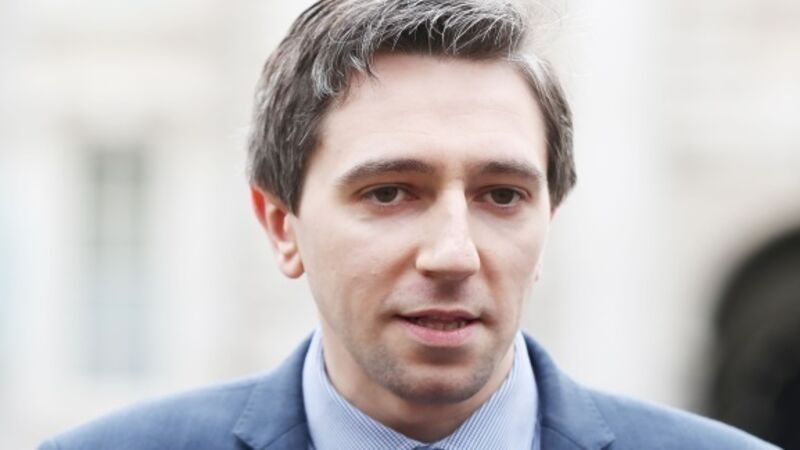Harris denies displaying 'lack of empathy' with women impacted by CervicalCheck scandal

Health Minister Simon Harris has denied he displayed “a lack of empathy” with the women impacted by the CervicalCheck scandal who recently learned that they had received incorrect results.
On Wednesday, patient advocate Stephen Teap had accused the Minister of “a lack of empathy” following a review of more than 1,000 slides carried out by the UK Royal College of Obstetricians and Gynaecologists (RCOG) which highlighted 308 different results to the screening programme.













